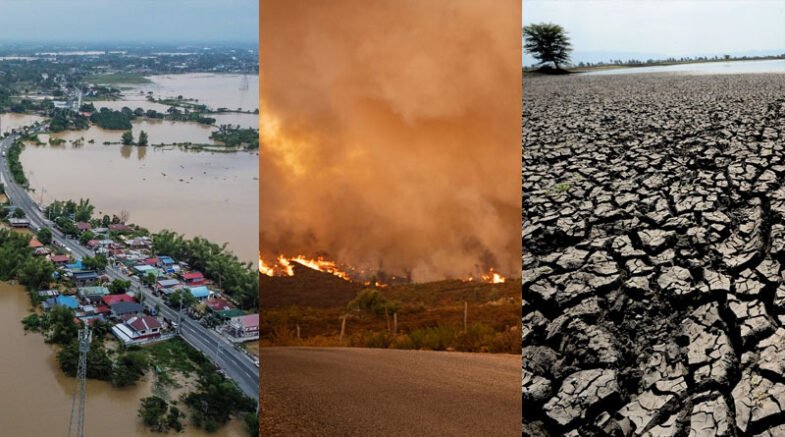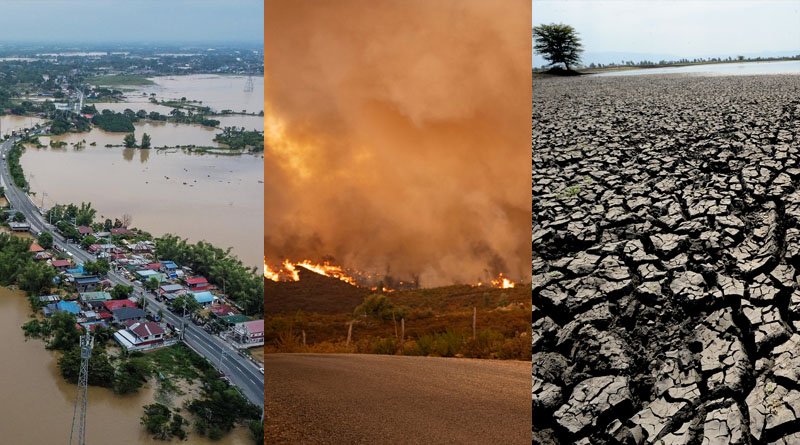Climate change has significant costs. Around $780 billion is the estimated average annual loss in Asia and the Pacific according to ESCAP due to natural and biological hazards.

The environmental effects of climate change in Asia and the Pacific are concerning, and the majority of countries are still unprepared for many overlapping crises, according to a UN report released on Monday.
According to a report by the Economic and Social Commission for Asia and the Pacific of the United Nations, over the past 40 years, climate change has caused significant losses in five glaciers in the High-Mountain region of East, Northeast, and South Asia.
The report noted that the region’s persistent rise in risks is seriously impeding planning for adaptation and the creation of climate-resilient communities.
Climate change and climate-related disasters pose a threat to development in Asia and the Pacific, frequently undermining hard-won development gains and exacerbate the root causes of poverty and societal inequalities by disproportionately impacting the poor and marginalised groups, according to a report.
Climate change has significant costs. Around $780 billion is the estimated average annual loss in Asia and the Pacific according to ESCAP due to natural and biological hazards.
The organisation also predicted that less developed nations and Pacific island developing states would suffer the most economically.
The ecologically vulnerable Pacific island developing states, which are already heavily burdened by natural and biological hazards, are predicted to experience some of the worst effects of climate change. An ambitious agenda is outlined in this report. Nothing less is necessary to limit temperature increases to 1.5 C and reach net-zero emissions by the middle of the century.
The report’s analysis and recommendations, according to Armida Salsiah Alisjahbana, UN Undersecretary-General and Executive Secretary of ESCAP, “hope to help raise ambitions and speed up climate action in every corner of Asia and the Pacific.”
According to the report, efforts should be made to switch from fossil fuels to renewable sources of energy in order to close the emissions gap in important sectors. It also emphasised the importance of low-carbon logistics and mobility options for advancing technology, accelerating innovation, and utilising greener fuels.
The report urges strengthening regional policy dialogue and technical cooperation on a low-carbon, climate-resilient transition in light of the majority of Asia-Pacific nations’ commitments to carbon neutrality.
